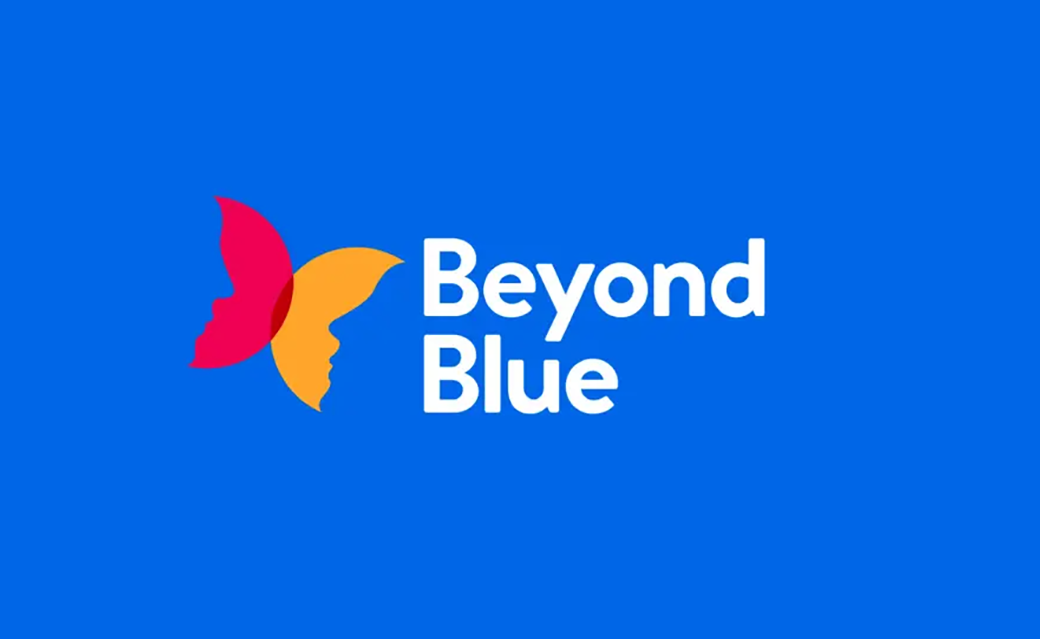Beyond Blue has reported a substantial decrease in donations over the past few years – down by about half from a record breaking 2020/21 in which it received $35m.
Yes it’s a more challenging economic environment, but for the nation’s most prominent mental health charity to have experienced such a dramatic reduction in donations would indicate that there are other things at play.
One of those I suspect is a type of donation fatigue.
The cause of Donation Fatigue
In 2020, when the pandemic made many of us feel very grateful because of the acute financial hardship experienced by many others, donating felt like an especially important thing to do. Perhaps during this time we may have donated not only more than usual but also to different charities.
To me, this felt right. Intuitive. Think of a cause that might need financial support due to COVID circumstances and make a donation to a suitable organisation.
However it didn’t take long for this intuitive action to become a pain in the backside as recipient organisations sought more money and weren’t shy about it. Letters to my home with multiple colour brochures. Emails. Telephone calls. Goodwill turned into donation regret.
From my former university to Medecins Sans Frontiers, what I had inadvertently opted into were clearly very sophisticated fundraising operations.
Over three years on from those pandemic-spurred donations, I am still receiving regular donation requests, especially from Monash University. Granted the University did suffer a financial hit as a result of COVID. But with $2 or $3 billion in the coffers their medium-to-long term survival is assured. The same can’t be said for the many businesses across Australia whose revenues have fallen sharply due to high interest rates. But you won’t see them rattling the tin to all their former customers.
Whatever the fundraising model (with universities probably playing a long-game to groom whale-sized donors), it’s all a bit on the nose. When an organisation like a university, which generates billions from selling services, reveals itself to comprise a sophisticated fundraising machine generating $150m annually our initial goodwill can unfortunately make way for donation regret.
Eroding our Goodwill
I suspect this type of thing really undermines the spirit in which as individuals want to give to, and the faith we have in, charitable causes. This is a shame.
Having individuals exercise compassion, being more selfless and engaging with disadvantaged or marginalised members of our community is good stuff. That we’re in a position where our leading mental health charity may be struggling for donations suggests the bastardisation of “charity” may have gone too far.
The Solution
This “problem” appears to be systematic; many organisations are clearly relying on donations for a substantial portion of their revenues. There will no be simple solution.
As individuals we need to be diligent with whom we share our goodwill. This has always been the case.
Banks talk about KYC, “Know Your Customer”. We need to KOD (‘Know Our Donees’), not only as an organisation, but also in terms of what they intend to (and historically) do with our financial or other contribution, and how they intend to engage with us going forward.


